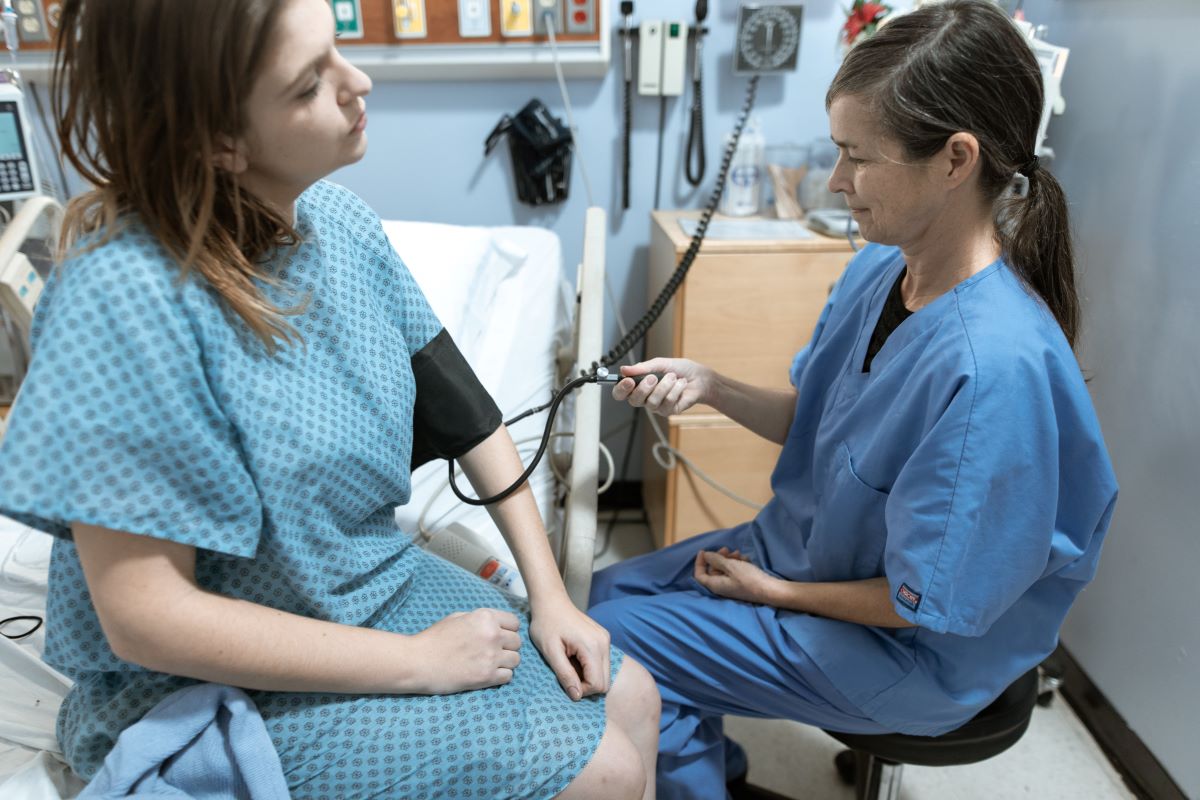Medical assistants play a crucial role in the healthcare industry, acting as vital members of the healthcare team. Often, they are the first point of contact for patients and provide essential support to doctors and nurses.
In this blog, we will address a number of popular medical assistant responsibilities.
Responsibility 1: Patient Triage and Reception
Medical assistants are often the first faces patients encounter when they enter a healthcare facility. They are responsible for greeting patients, obtaining their medical history, and ensuring that they are directed to the appropriate healthcare professionals. Additionally, medical assistants may collect vital signs, such as blood pressure and heart rate, to assist in patient assessment.
Responsibility 2: Administrative Duties
Administrative tasks are a significant part of a medical assistant's role. They manage patient records, schedule appointments, handle billing and coding, and coordinate communication between patients and other healthcare providers. This organizational role ensures that the healthcare facility runs smoothly.
Responsibility 3: Assisting with Examinations
Medical assistants assist physicians and nurses during patient examinations. They prepare examination rooms, ensure the necessary equipment and supplies are available, and help patients get ready for their exams. During procedures, they may provide support and comfort to patients.
Responsibility 4: Medication Administration
In some states, medical assistants can administer medications, including injections and oral medications, under the supervision of a licensed healthcare provider. They are responsible for ensuring patients receive the correct dosage and understanding any potential side effects.
Responsibility 5: Phlebotomy (Drawing Blood)
Yes, medical assistants can draw blood, but this duty may require specific certification in some states. They collect blood samples for testing, verify patient information, and ensure the proper labeling of samples. Precise technique and adherence to safety protocols are crucial in this responsibility.
Responsibility 6: Electrocardiograms (ECGs)
Medical assistants often perform electrocardiograms (ECGs) to monitor a patient's heart activity. They attach electrodes to the patient's chest, arms, and legs, and then operate the ECG machine to record the heart's electrical impulses. The results are essential for diagnosing heart conditions.
Responsibility 7: Patient Education
Medical assistants educate patients on various healthcare topics, such as medication instructions, dietary guidelines, and home care procedures. Clear communication is vital to help patients understand their conditions and treatment plans.
Responsibility 8: Sterilization and Infection Control
Medical assistants are responsible for maintaining a sterile and safe environment in healthcare settings. They ensure that equipment and instruments are properly sterilized and that infection control protocols are followed to prevent the spread of diseases.
Responsibility 9: Wound Care
Medical assistants may assist with wound care, including cleaning, dressing changes, and monitoring the healing progress. Their attention to detail and sterile technique help prevent infection and promote healing.
Responsibility 10: Diagnostic Testing
Medical assistants often perform various diagnostic tests, such as urinalysis and respiratory function tests. They collect samples, conduct tests, and accurately record the results for the healthcare provider's review.
Responsibility 11: Equipment Maintenance
Maintaining medical equipment is crucial to ensure it functions correctly. Medical assistants may be responsible for cleaning, calibrating, and performing routine maintenance on equipment like nebulizers, blood pressure monitors, and glucose meters.
Responsibility 12: Emergency Response
In urgent situations, medical assistants may assist with basic life support procedures like CPR. They are trained to act quickly and efficiently to provide critical care until more advanced medical personnel arrive.
Responsibility 13: Administrative Support for Research
In healthcare research settings, medical assistants may provide administrative support by organizing data, scheduling research participants, and assisting with paperwork. Their attention to detail and organizational skills are valuable in these roles.
Get Started in Medical Assistance Today

If you aspire to become a medical assistant and take on these rewarding responsibilities, consider enrolling in the Health Tech Academy Medical Assistant Bootcamp. Our comprehensive program offers self-paced learning, one-on-one sessions with career mentors, and continued support from career services. Don't wait to embark on a fulfilling career in healthcare – start your journey with us today!



